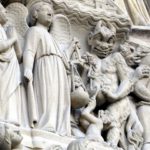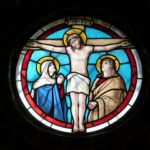
By Mark W. Christy, PhD
At times, the Bible seems to teach that God desires all people to be saved. In his discussion on the coming Day of the Lord (i.e., Judgement Day), Peter writes, “The Lord is…not wishing for any to perish but for all to come to repentance” (2 Pet 3:9).[i] Calling upon the faithful to pray (in context, he is specifically calling on men to pray in the worship service), Paul observes the heart of God “desires all men to be saved” (1 Tim 2:4). Ezekiel, also noting the desi...
Read More








